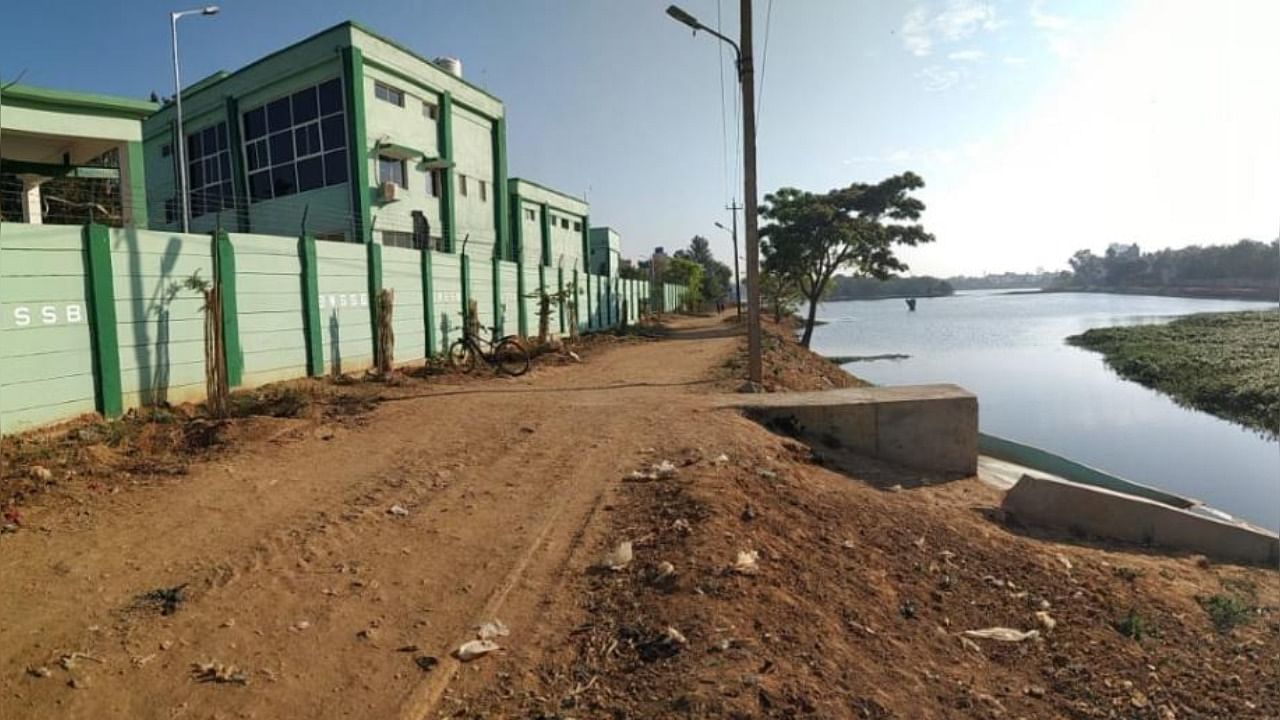
Data gathered from monitoring the city’s sewage treatment plants online shows that 13 out of 31 of them have been reporting incorrect data or not recording any data.
ActionAid, an organisation dedicated to social and ecological justice, conducted a report that examined data from 31 of the city’s sewage treatment plants collected during a 45-day period, from November 1 to December 15, 2022.
“In as many as 13 STPs, the values of many parameters remained constant or had minimal differences. Since wastewater is being processed every day, it is practically impossible to record the same readings for days together and hence, we could conclude that the readings were wrong,” said Raghavendra Pacchapur, senior project lead, ActionAid Association.
Also, five sewage treatment plants — Kengeri, KC Valley 30, Rajacanal (o), Hebbal, and KC Valley 218 — are found not to have been configured and therefore, do not record any readings.
Also Read | 17 rivers in Karnataka choked with sewage, waste
The water quality was also found not good enough in at least nine STPs as one or more of the quality parameters exceeded acceptable limits for at least 15 days during the assessment period. At the STP in Sarakki lake, for instance, the pH levels exceeded the allowed limit for at least 40 days during the 45-day study period.
The study concluded that only eight STPs had all the parameters recorded and all of them were within the limits.
Pacchapur also mentioned that the Bangalore Water Supply and Sewerage Board (BWSSB) did not comply with the standards set by the Karnataka State Pollution Control Board (KSPCB) for some measures, while also setting incorrect standards for a few parameters.
lAlso Read | BBMP's waterway project exposes BWSSB’s shortcomings
BWSSB Chief Engineer B C Gangadhar responded to the report by stating that the board is currently working on improving the STPs, which will reflect in the data. “The National Green Tribunal (NGT) and KSPCB standards were revised a few years ago and that is not getting reflected in our system,” he admitted.
The report suggested that the online monitoring system should be upgraded to send out alerts when there is a breach of any of the parameters.